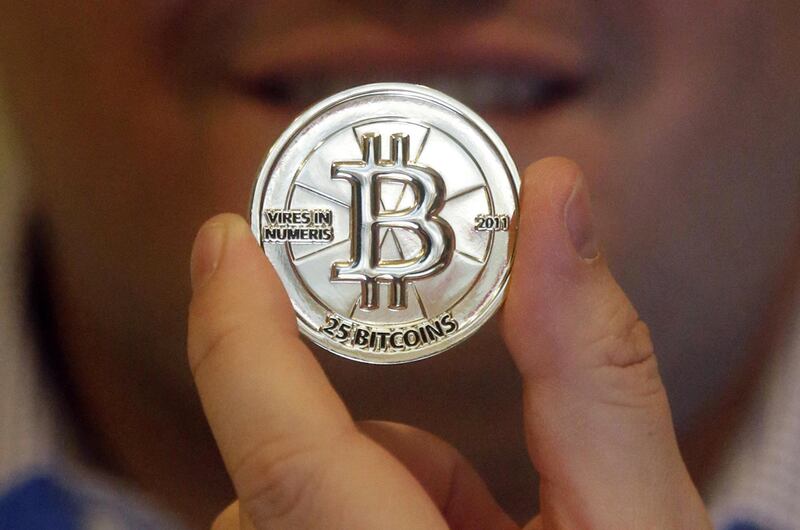Crime investigators are developing artificial intelligence systems to spot near real-time money laundering to try to cut the estimated $2 trillion of illicit cash flowing through the global financial system, officials said on Monday.
HSBC, one of the world’s largest banks, has invested in a system that attempts to gather and analyse vast amounts of its financial data to identify patterns of suspicious behaviour and prevent potential money flows.
The global bank revamped its anti-money laundering efforts after being stung by a $1.9 billion penalty in the United States in 2012 after Mexican drug cartels ran profits through the bank’s branches without detection. A US Senate investigation said the bank had been used by “drug kingpins and rogue nations”.
Anti-money laundering efforts have traditionally been among the weakest links in tackling organised crime with banks accused of failing to address the issue in case it damaged profits.
Gangs also employed the “brightest and best” to evade controls, Jennifer Calvery, a former US regulator and the HSBC’s global head of financial crime threat mitigation told website moneylaundering.com last year.
The new software is designed to make tackling financial crime more efficient with trade bodies claiming that British banks alone spend £5 billion a year on tackling financial crime but with only limited success. The European policing agency Europol said that some 99 per cent of organised crime profits in the European Union remained unseized.
The new project by British tech start-up Quantexa is just one being used by banks spurred to act by increasing fines by regulators for the failure of money laundering controls.
“We’re working towards trying to stop criminality before it happens,” said Tom Fairey, Quantexa’s chief commercial officer. “If you start to learn behaviour, if something starts to look dodgy, then let’s stop it from happening. That’s what we’re all working towards.”
Ms Calvery said in Quantexa video that the bank’s goal was to “get to a place in the future where we understand and can see criminal behaviour in as near real time as possible”.





